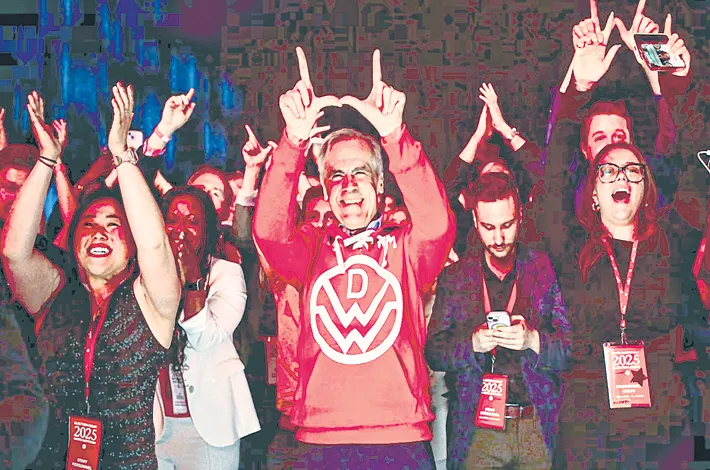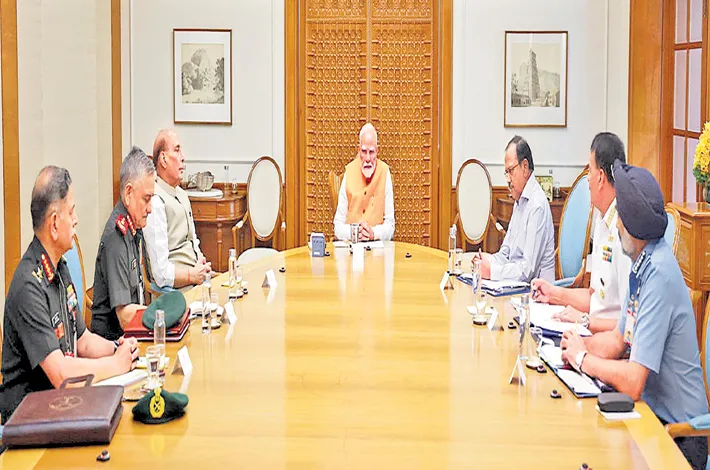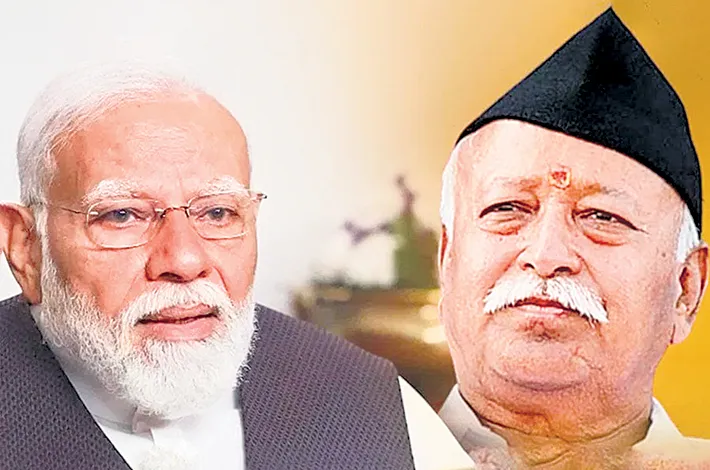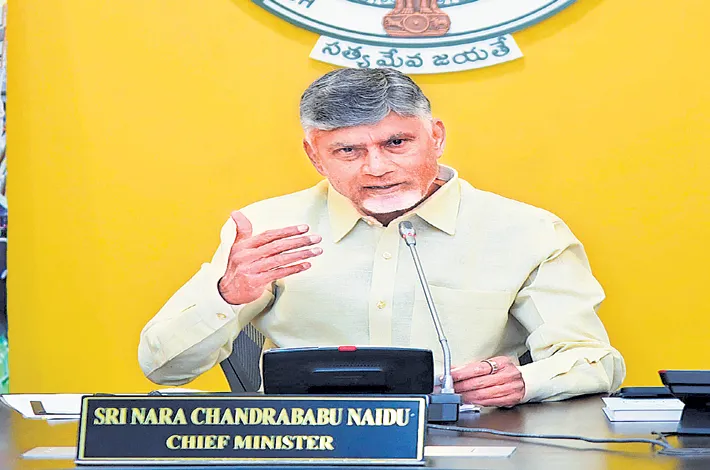CANADA CROWNS CARNEY
30-04-2025 12:00:00 AM

DEFINING WIN MAN OF THE MOMENT
- Carney, a 60-years-old economist educated in the US and England, was a Goldman Sachs executive for more than a decade, until he started working in the Central Bank of Canada in 2003, as deputy governor.
- He was then the head of the Bank of Canada from 2008 to 2013 and headed the Bank of England from 2013 to 2020.
THE CHALLENGES
- The new government will have to deal with a tense relationship with the US as President Trump threatened Canada with steep tariffs and demanded that it should become the 51st American state.
- Internally, the new government will have to deal with issues like rising food and housing prices and a surge in immigration.
5 TAKEAWAYS
- Trump's threats became the defining issue
- Surge in nationalism boosts Liberals
- Leadership change sparks Liberal momentum
- Conservatives focused on domestic challenges
- Collapse of the left-wing New Democrats
"We are over the shock of the American betrayal, but we should never forget the lessons. As I've been warning for months, America wants our land, our resources, our water, our country. These are not idle threats. President Trump is trying to break us so America can own us. That will never... ever happen. But we also must recognise the reality that our world has fundamentally changed"
Canada PM Mark Carney's victory speech
Agencies Toronto
Canadian Prime Minister Mark Carney's Liberal Party has won the federal election, capping a stunning turnaround in fortunes fuelled by US President Donald Trump's annexation threats and trade war. Carney's rival, populist Conservative Party leader Pierre Poilievre, was voted out of his seat in Parliament, the Canadian Broadcasting Corporation projected Tuesday.
The loss of his seat representing his Ottawa district in Monday's election capped a swift decline in fortunes for the firebrand Poilievre, who a few months ago appeared to be a shoo-in to become Canada's next prime minister and shepherd the Conservatives back into power for the first time in a decade. But then Trump launched a trade war with Canada and suggested the country should become the 51st state, outraging voters and upending the election.
Poilievre, a career politician, campaigned with Trump-like bravado, taking a page from the "America First" president by adopting the slogan "Canada First." But his similarities to Trump may have ultimately cost him and his party.
The Liberals were projected to win more of Parliament's 343 seats than the Conservatives. It wasn't immediately clear if they would win an outright majority - at least 172 - or would need to rely on a smaller party to pass legislation and remain in power. Elections Canada said it has decided to pause counting of special ballots - cast by voters who are away from their districts during the election - until later Tuesday morning.
The Liberals were leading or elected in 168 seats when the counting was paused, four short of a majority. Elections Canada estimated that the uncounted votes could affect the result in about a dozen districts. The decision means Canadians won't know until later in the day whether Carney's Liberals have won a minority or majority mandate.
In a victory speech, Carney stressed the importance of unity in the face of Washington's threats. He also said the mutually beneficial system Canada and the US had shared since World War II had ended. "We are over the shock of the American betrayal, but we should never forget the lessons," he said.
"As I've been warning for months, America wants our land, our resources, our water, our country," Carney added. "These are not idle threats. President Trump is trying to break us so America can own us. That will never ... ever happen. But we also must recognise the reality that our world has fundamentally changed."








